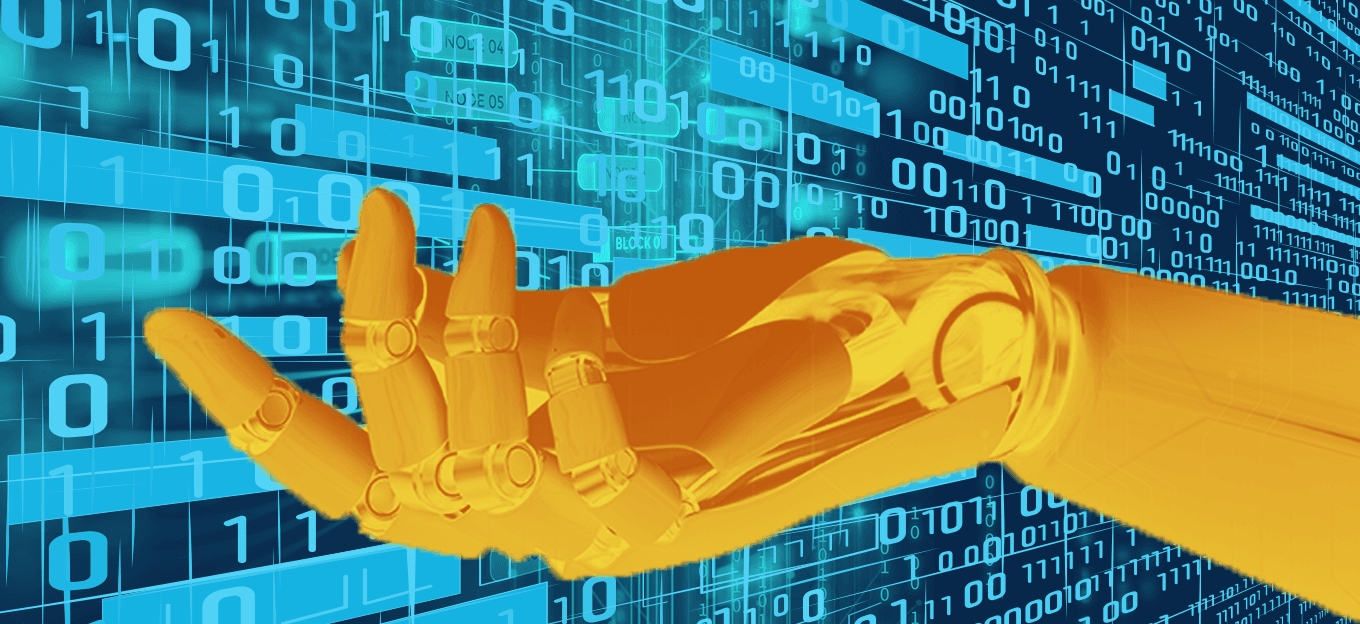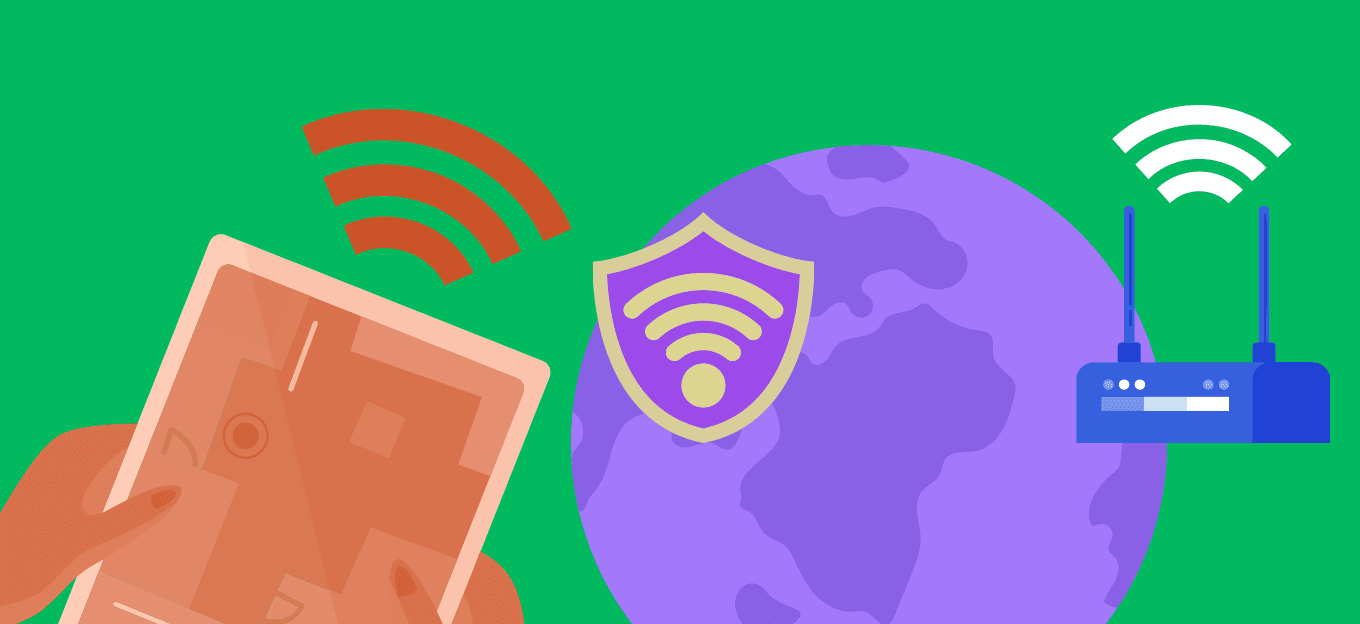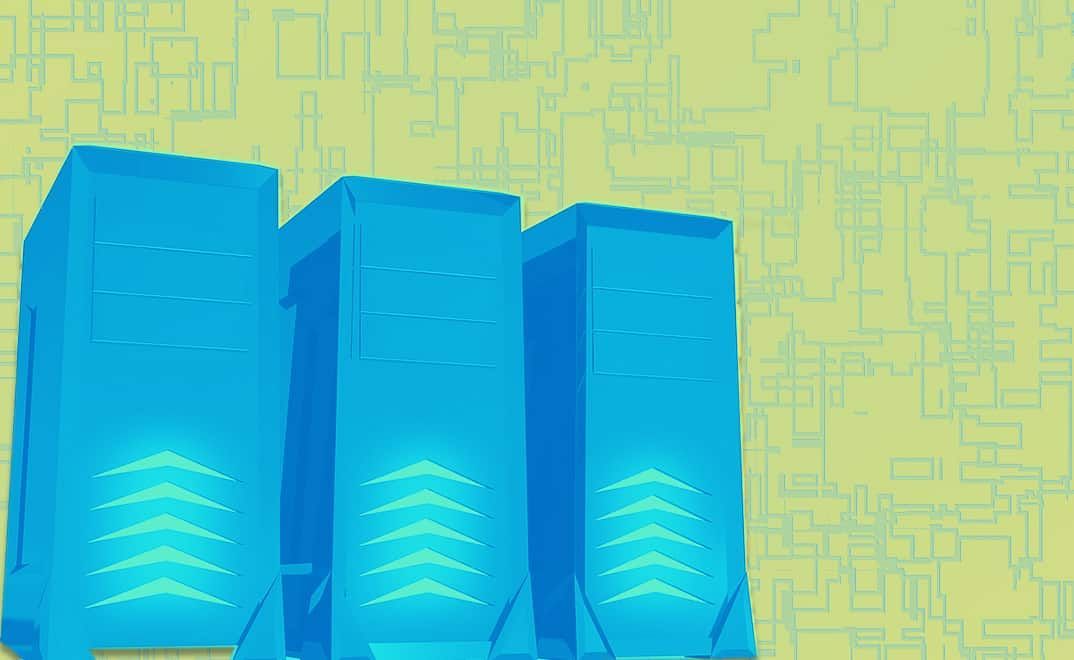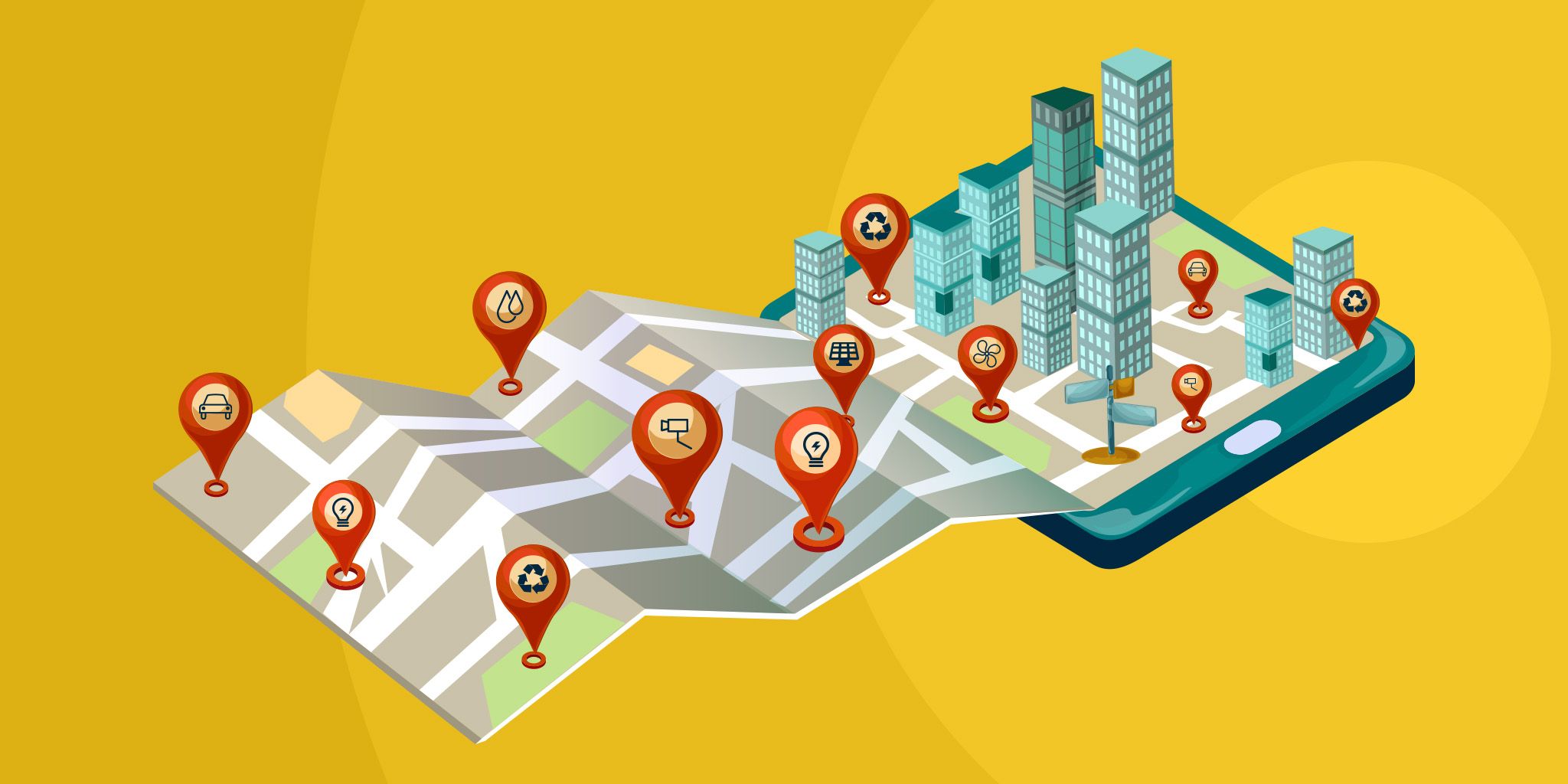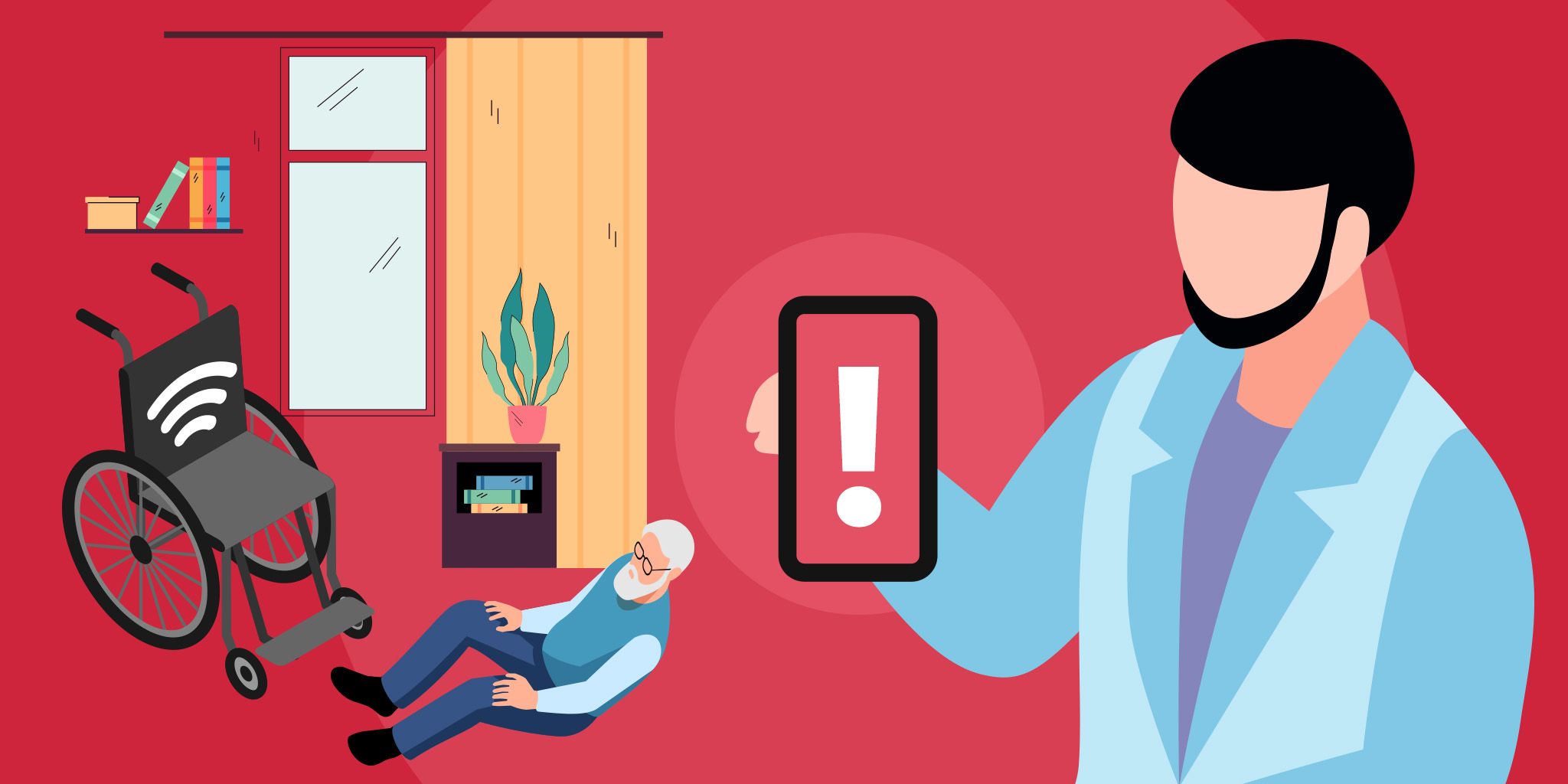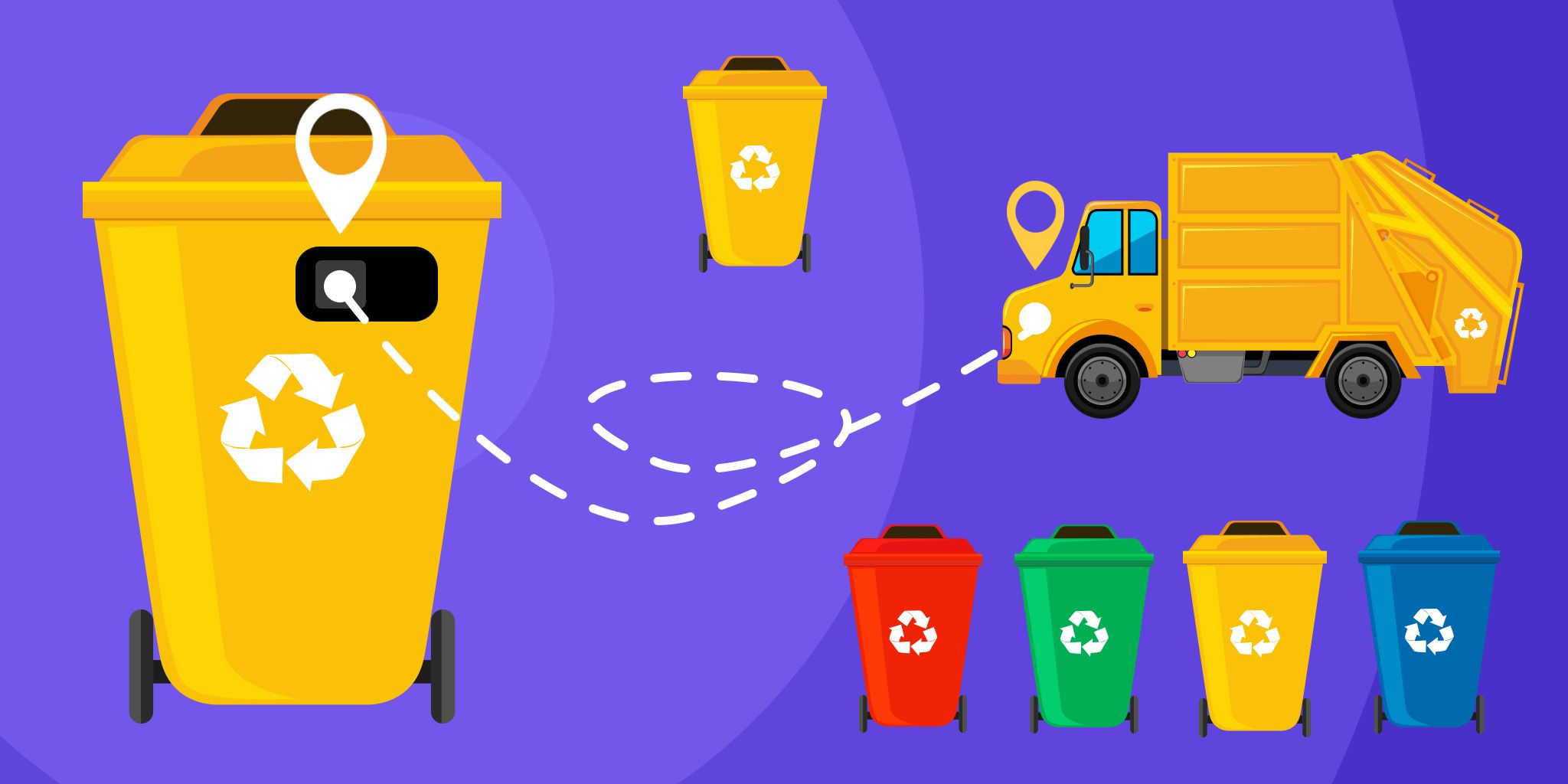Modern Municipal Waste Management Solutions
Modern Municipal Waste Management Solutions
- Last Updated: December 2, 2024
Leverege
- Last Updated: December 2, 2024



Think about how your town does trash pickup. A likely scenario is that the municipal waste management truck swings by your house or apartment building every Tuesday and Thursday to pick up the garbage, no matter how much trash you had in your bin. Maybe this week, they came to your house only to pick up two small plastic grocery bags worth of trash. Perhaps you had a party a week prior, on Saturday, and it would have been nice if they came to pick up your mountain of trash on Monday instead.
Municipal waste management is streamlining tedious error-prone processes with the help of IoT technologies.
Modern Municipal Waste Management Design
Modern Municipal Waste Management solutions revolve around predetermined schedules and predetermined routes for trash pickup. The design of these systems is not human-centered and is often ineffective or inefficient. The latter makes sense, considering these operations began in the late 19th century. However, the problem is only becoming increasingly worse. As the global population grows and cities become denser, it is important that we collectively implement smart waste management solutions to combat rapid, subsequent increases in waste generation. A variety of Applications, powered by IoT, can help cities and municipalities handle waste management better than ever before.
Filling Gaps
There is a clear gap that IoT can help to fill when it comes to improving Municipal Waste Management solutions. There exists a significant lack of useful data available to waste managers to:
1. Test where inefficiencies exist in their operations and
2. Improve upon said inefficiencies by leveraging data
Municipal Waste Management can leverage IoT applications to ensure that waste management practices are more efficient and ensure that waste management practices are more sustainable, create significant cost-savings for stakeholders, and improve all steps in the Municipal Waste Management Process.
The Power Is in the Data
When it comes to IoT and waste management, the power is in the data. As companies and governments can collect more data about the environment and their business processes, they can improve systems and cut costs.
A great example is illustrated through the way that cities perform trash collection, described above. One way to improve this process by orders of magnitude is to integrate fill-level sensors into residential trash and recycle bins, city-owned dumpsters, and public trash cans. When IoT data on the dumpster and trash bin fill levels are made available, cities and waste management companies can address trash and solid-waste pickup with optimized collection routes. In fact, cities and municipalities can decrease the number of trash collections every week by doing trash collection just-in-time, rather than on a set schedule.
Looking forward, the advent of improved technologies and hardware will only improve Municipal Waste Management. To see an example of how a Municipal Waste Management solution could look, check out Leverege’s Municipal Waste Management Solution demo video, made in collaboration with Google.
The Most Comprehensive IoT Newsletter for Enterprises
Showcasing the highest-quality content, resources, news, and insights from the world of the Internet of Things. Subscribe to remain informed and up-to-date.
New Podcast Episode

IoT in 2026: Trends and Predictions
Related Articles
